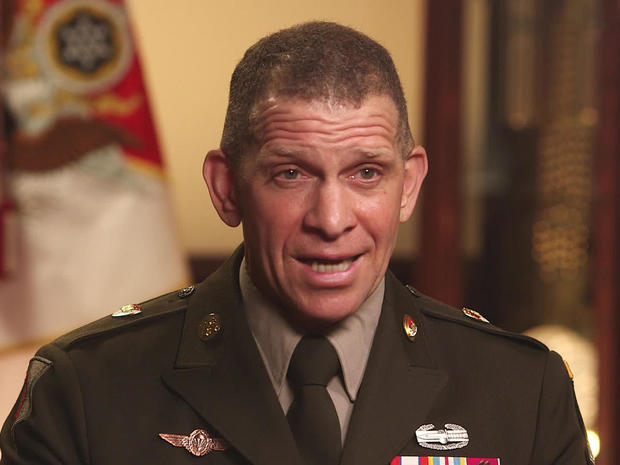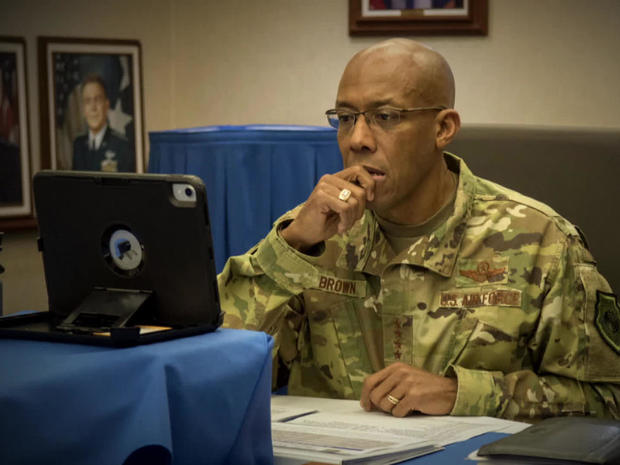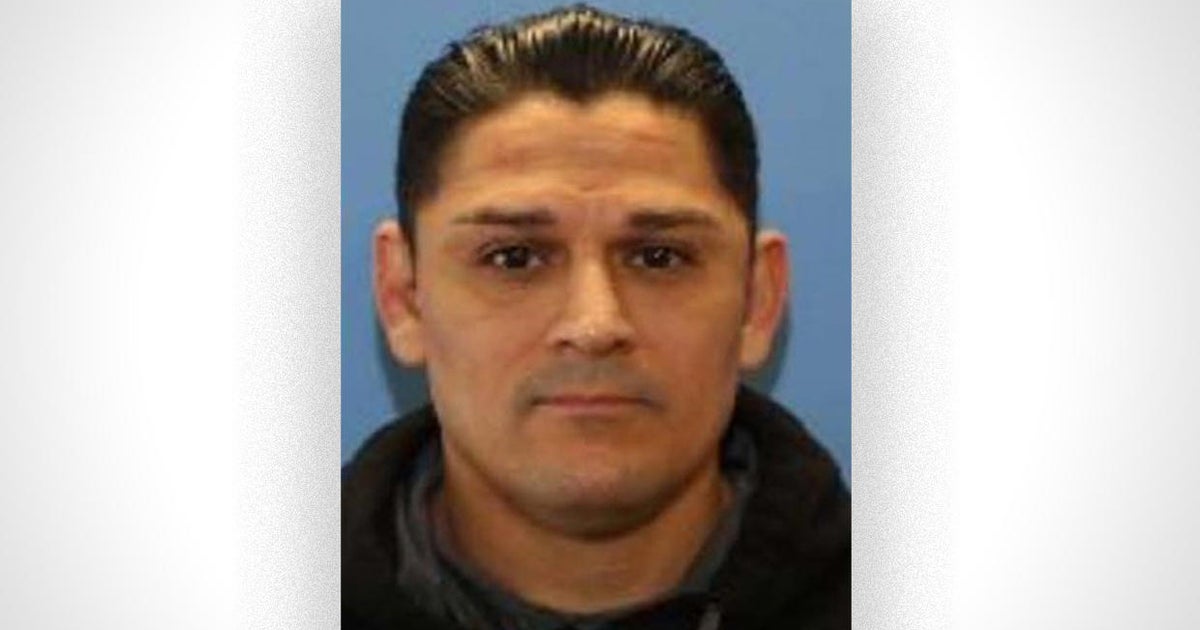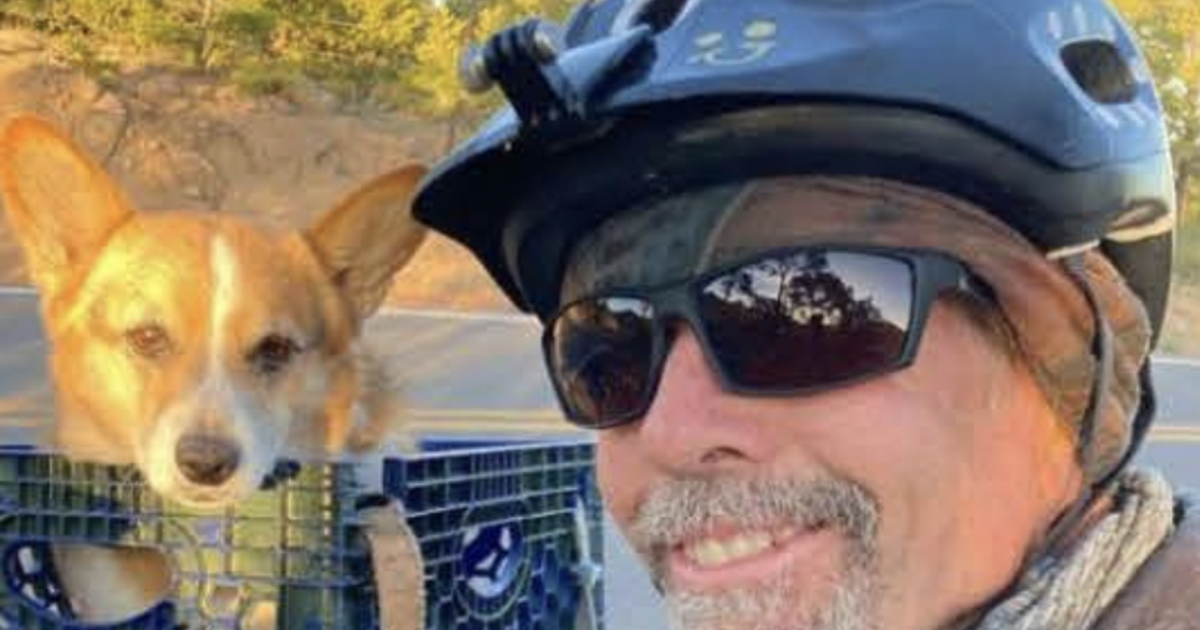Bringing a discussion about racial bias in the military to social media
"You may be wondering what I'm thinking about the tragic events surrounding the death of George Floyd. Here's what I'm thinking about…" And with that, Air Force General Charles Q. Brown began an emotional social media soliloquy on the racial bias he has dealt with all his life.
"I'm thinking about my Air Force career, where I was often the only African American in my squadron, or as a senior officer the only African American in the room," he said.
Five years ago, "60 Minutes" met with Gen. Brown when he was the commander of the air war against ISIS, directing strikes in Iraq and Syria. His low-key demeanor then was entirely different from that of the man who could remain silent no longer:
"I'm thinking about wearing the same flight suit with the same wings on my chest as my peers, and then being questioned by another military member: 'Are you a pilot?'"
Part of what makes his message so powerful is that Brown, who goes by the initials C.Q., is about to become the next Chief of Staff of the Air Force – the first African American to head one of the armed services.
National security correspondent David Martin asked, "What is the importance of Gen. Brown becoming the Chief of Staff of the Air Force?"
"It's historic, but part of me also says, you know, why didn't it happen before?" replied Sergeant Major of the Army Michael Grinston, the top enlisted soldier in uniform, who took to social media to talk about his own battle against racism:
"Here's part of my story. I was born in 1968. My father was black and my mother was white. … Racial identity is something that I've struggled with my entire life."
Martin asked Grinston, "Did you feel racism as a child?"
"I didn't just feel it; I saw it," he replied. "I saw the KKK march down my street when I was a child."
Grinston enlisted in the Army in 1987. Martin said, "You must have had to check a box on race when you enlisted?"
"I struggled with what to check on that block. So, at the time, you know, my driver's license said 'Caucasian,' so I checked 'Caucasian.'"
Several years later, he had to choose again which block to check. "So, I check 'black,' and I hand it to this lady. She looks at me and goes, 'Well, that's not funny.' 'You're right. It's not funny, but that's who I am.'"
Grinston obviously succeeded in the Army, and says his race never held him back, but it's always there. "From the day I joined 'til the last time I got the question was in 2014, 2015, where you got the 'What are you?,' it's like the worst thing you could ever ask me."
"And what would you say?" Martin asked.
"A human being," he replied.
Being caught between two worlds can reveal some ugly truths. Grinston said, "I was surprised with what people would say when they thought you were white, and it was just blatant racist."
"How did you usually handle it?"
"A very ambiguous answer, instead of, 'That's wrong and don't ever say that again, and you probably shouldn't be in the Army.' That's how I wish I would have said that."
After Grinston unburdened himself on social media, he heard back from other African American soldiers: "The most powerful one is that when he took off his uniform and he walked to his house, the police came and arrested him for breaking and entering. I just can't get that image out of my head."
His video has been viewed more than a quarter-million times.
Martin asked, "What kind of conversation are you trying to start?"
"Open up and actually talk about your struggles, like mine," he replied. "It's hard for everyone to understand if you don't hear the story."
Even success stories, like Grinston's or C.Q. Brown's, are stories of racial inequality.
"I'm thinking about the pressure I felt to perform error-free, especially by supervisors I perceived has expected less of me as an African-American," said Brown. "I'm thinking about having to represent by working twice as hard to prove their expectations of African-Americans were invalid."
It's been three decades since Colin Powell became Chairman of the Joint Chiefs. Since then, it's been nothing but white males. C.Q. Brown will break the chain, but not erase the long shadow of slavery.
"I can't fix centuries of racism in our country," he said in his video message, "nor can I fix decades of discrimination that may have impacted members of our Air Force."
But the soon-to-be Chief of Staff of the Air Force, and the Sergeant Major of the Army, have started talking about it in a way military leaders never have before.
"The blinders and the shields are off," Grinston said, "and now we're having those tough conversations that we didn't have 20 years ago."
Story produced by Mary Walsh. Editor: Emanuele Secci.





